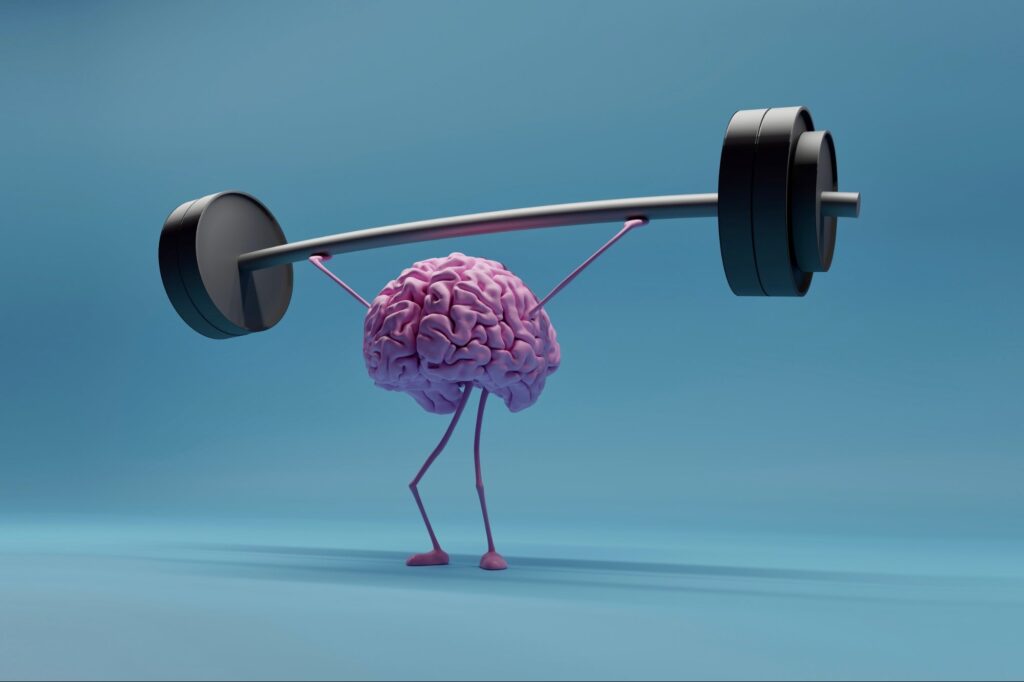
15 Mistakes To Avoid While Losing weight
15 Common Mistakes When Trying to Lose Weight
Losing weight is challenging!
Sometimes you make all the necessary healthy lifestyle choices, yet it gets challenging to shed off weight. It can be due to following outdated or misguided choices.
Certainly! Here are 15 common mistakes people make when trying to lose weight:
#1. Setting unrealistic goals
Setting unattainable or overly ambitious weight loss goals can set you up for disappointment and frustration.
#2. Relying on fad diets
Following restrictive and unsustainable diets that promise quick results can lead to nutrient deficiencies and weight regain.
#3. Skipping meals
Skipping meals, especially breakfast, can lead to overeating later in the day and hinder your weight loss efforts.
#4. Not paying attention to portion sizes
Even healthy foods can contribute to weight gain if consumed in large quantities. Be mindful of portion sizes and practice portion control.
#5. Overlooking liquid calories
Sugary beverages, such as soda, fruit juices, and energy drinks, can add a significant amount of calories to your daily intake. Opt for water or unsweetened beverages instead.
#6. Not tracking food intake
Keeping a food journal or using a calorie tracking app can help you become aware of your eating habits and identify areas where you can make healthier choices.
#7. Ignoring the importance of physical activity
Relying solely on diet without incorporating regular exercise can slow down your weight loss progress and hinder overall health.
#8. Unrealistic expectations about exercise
Thinking that exercise alone will magically lead to significant weight loss can be discouraging. Remember that diet and exercise work hand in hand for optimal results.
#9. Grazing or mindless snacking
Constantly nibbling on small snacks throughout the day can contribute to excess calorie intake. Be mindful of your eating habits and practice mindful eating.
#10. Overestimating calorie burn
It’s common to overestimate the number of calories burned through exercise. Remember that weight loss primarily depends on creating a calorie deficit through diet.
#11. Emotional eating
Turning to food for comfort or as a coping mechanism for emotions can sabotage weight loss efforts. Find alternative ways to manage stress and emotional well-being.
#12. Lack of sleep
Inadequate sleep can disrupt hormone regulation, increase hunger, and affect your overall metabolism. Prioritize getting enough quality sleep each night.
#13. Not drinking enough water
Staying hydrated is essential for overall health and can help regulate appetite. Drinking water before meals can also help you feel fuller and consume fewer calories.
#14. Over-restriction
Severely limiting calorie intake or cutting out entire food groups can lead to nutrient deficiencies and an unhealthy relationship with food. Focus on balance and moderation.
#15. Lack of consistency
Inconsistency in healthy eating and exercise habits can hinder progress. Aim for long-term lifestyle changes rather than quick fixes.
Conclusion
Remember that everyone’s weight loss journey is unique, and it’s important to find an approach that works best for you. Consulting with a healthcare professional or registered dietitian can provide personalized guidance and support.







